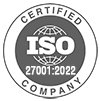Machine Learning and Big Data Will Change Healthcare Forever
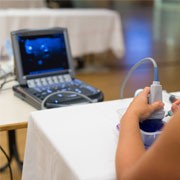
Artificial Intelligence (AI) and Machine Learning (ML) are redefining the way businesses operate, across various industries worldwide. With the advent of machine learning, businesses are realizing that they can now process and make use of all the data, which they have accumulated over the years. This processed data can now be analyzed and the inferences derived can be used to make intelligent and informed business decisions. Therefore, Healthcare is also actively using machine learning and big data to provide accurate diagnosis and offer superior medical treatments.
As per IDC, 30 percent of healthcare service providers subject patient data to cognitive analytics, to derive meaningful insights. Furthermore, a "dramatic market expansion" of artificial intelligence is expected in the healthcare industry, in the next couple of years, which has the potential to reduce costs of medical care treatment by almost half, as per the market research and analysis firm Frost and Sullivan.
These days, when a patient visits a doctor with the complaint of an ailment, all the symptoms of the patient are keyed into a computer. This helps the physician understand what tests should be carried out to better understand the patient's health condition, diagnose further problems and ailments if any, and find solutions and treat the patients successfully. For example, a radiologist takes the help of a computer for an MRI scan or an X-ray to diagnose a patient's health problems. Medical history is constantly monitored and based on the tests conducted previously, a patient will be finally provided with a treatment plan or medical advice to improve the health condition.
The Role of Machine Learning and Big data in Healthcare
In this digital era, healthcare industry is being transformed by the advancements in machine learning (or deep learning as some call it) and artificial intelligence (AI). By harnessing enormous big data, ML is now being used in healthcare to provide superior patient care and has resulted in improved business outcomes. However, the debate over computers and robots replacing human nurses and doctors for good continues.
Renowned analyst firm, IDC, has predicted that by the year 2018, about 30% of the healthcare providers will use cognitive analytics to better analyze the patient data. Today, machine learning supports personalized care through improved diagnostics and predictive & prescriptive healthcare recommendations.
What makes Machine Learning and Big Data Necessary in Healthcare?
Machine learning algorithms quickly process huge datasets and provide useful insights that allow superior healthcare services. Although the industry was slow in adopting this technology, it is now rapidly catching up, to provide successful preventive and prescriptive healthcare solutions.
Companies in the healthcare sector are now increasingly using computational power to analyze voluminous datasets and identify patterns that provide useful insights from the existing patient data to make accurate diagnosis and provide better patient care.
How is Big Data Changing Healthcare?
By using big data technology along with machine learning and artificial intelligence, healthcare companies can make accurate decisions, significantly improve operating efficiencies, and do away with unwanted costs.
With their improved efficiencies, healthcare companies can now save more lives. Organizations will be able to determine which patient is at a higher risk of contracting a certain disease. In addition, post-discharge outcomes can also be kept under control and the number of re-admissions can be reduced substantially. Furthermore, diagnoses will no longer take time and patients will be able to know immediately what they are suffering from and what action they need to take next.
Examples of Using Machine Learning in Healthcare
Machine learning is being leveraged by 22 healthcare companies to create new programs for diagnostics and imaging, as per an article by CB Insights. This field is apt for the application of machine learning because computers and deep learning algorithms are good at understanding and recognizing patterns, which is of prime importance in diagnostics.
In another example we see that Pathway Genomics, is working on creating a one-of-its-kind blood test, which can determine whether early detection, or prediction for that matter, of certain types of cancer is possible or not.
Similarly, a health data science company called Lumiata, is working on developing predictive analytics tools for discovering insights and making predictions related to various healthcare aspects, such as symptoms, procedures, diagnosis, medications, etc. for patients.
How ML is Facilitating Healthcare Companies Make Better Treatment Plans
Oncologists today are making the most of IBM Watson to improve the survival rates of cancer patients, while also helping them reduce the overall costs of their treatment. Care Trio, with the help of Watson, has created a three-faced approach that aims at providing the best possible care to cancer patients.
Care Trio is divided into three parts - CareEdit, CareGuide, and CareView. CareEdit is a tool that works on creating practice guidelines, and offers best possible treatment options for different types of cancers. CareGuide utilizes the information derived from CareEdit to help oncologists recommend the right treatment plans to cancer patients, by creating a "clinical decision support system.'
CareView, the third part of Care Trio, is an analytics tool, which is designed to evaluate the results of clinical decisions made in the past and identify those patients who were provided with treatments other than what was recommended.
Such a comprehensive and retrospective approach can help oncologists and doctors refine their guidelines for care, provided to millions of cancer patients worldwide. Care Trio's first version is now being rolled out in a huge center for cancer treatment, in Italy.
In a slightly different domain, Ginger.io is working on the development of a mobile app, which remotely treats patients with psychiatric disorders. Using their app, patients can analyze their moods, understand what makes them angry, identify their behavioral patterns, and access the strategies suggested by doctors to cope with the condition.
Follow-up Care and Monitoring Patient-recovery Using ML
While healthcare companies face challenges such as re-admissions in hospitals, doctors find it difficult to find out whether the patients are promptly following the prescribed after-care course or not. Today, several companies are harnessing machine learning and big data to tackle this problem.
AiCure, is a company that has come up with a face-recognition mobile app, which helps physicians ensure that the patients are taking the correct medication, on time. In case a patient misses the course of medication or takes the wrong medication, an alert is sent to the doctor.
NextIT, another company in this domain, has introduced a new, intelligent product, named "Health Coach', which helps patients with chronic conditions strictly adhering to their care plans. This product promptly keeps a track of the patients' after-care prescription / course and reminds them to take medications on time. Additionally, it regularly enquires patients about their overall health and checks whether they need any kind of additional medical help.
Next, IBM Watson's NLP feature is being used by the Caféwell Concierge app to better understand the health conditions and health goals of the users. Based on the user input, the app provides alerts, which helps users to successfully achieve their goals successfully.
All these applications of ML in healthcare are only the tip of the iceberg. Machine learning is being used in many healthcare initiatives to provide superior diagnosis and treatment to patients across the world. Write to us to share your story if you have been touched by healthcare services, powered by machine learning yet?
TAT 98% Accuracy 40% Cost Reduction 300+ Customers 26+ years Experience
Customer-oriented healthcare outsourcing is our forte. Get in touch with us
Avail Top-quality Healthcare Support at Outsource2india
Our Global delivery centers and robust infrastructure has helped us successfully serve numerous healthcare companies worldwide for over 26+ years. This further allows us to provide comprehensive healthcare services to global clients at affordable rates. Besides, we have a well-trained, highly experienced team of healthcare service providers to ensure complete project flexibility.
We also understand that every client is different and their business needs vary. Therefore, we offer customized services, which precisely cater to your business needs. Furthermore, we have stringent security measures in place to ensure complete data privacy and project security. Outsource your healthcare services to Outsource2india and focus better on tasks that move your business needle. Please feel free to contact us and discuss your project needs.
Contact us to know how big data and machine learning is revolutionizing healthcare, and how we can help you stay at the top of your game.

Get a FREE QUOTE!
Decide in 24 hours whether outsourcing will work for you.
Have specific requirements? Email us at: info***@outsource2india.com
USA
116 Village Blvd, Suite 200,
Princeton, NJ 08540
Key Differentiators
Software At O2I Healthcare
Specialties HIPAA Compliance HIPAA 5010
Standards Compliance CPT Coding
Compliance Healthcare
Processes Medical
Billing Process Charge
Entry Process Medical
Coding Process Medical
Claims Process FAQs on Medical Accounts
Receivable Services FAQs on Outsourcing
Claims Adjudication Services Medical
Transcription Process HL7 ICD-10 Compliance
-
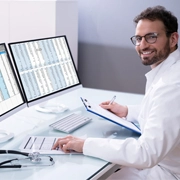 Outsourcing Medical Billing Services - Evaluating its Impact on Your Practice
Outsourcing Medical Billing Services - Evaluating its Impact on Your Practice
-
 US-based Healthcare Research & Consulting Firm Approached O2I For Medical Transcription Services
US-based Healthcare Research & Consulting Firm Approached O2I For Medical Transcription Services
-
 Outsource2india Provided Patient Onboarding Services to a Leading Healthcare Company
Outsource2india Provided Patient Onboarding Services to a Leading Healthcare Company
-
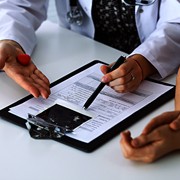 Outsource2india Assisted a Florida-based Medical Billing Company with ICD-10 Implementation
Outsource2india Assisted a Florida-based Medical Billing Company with ICD-10 Implementation
-
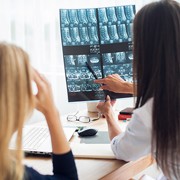 Caribbean Radiologists Got STAT Reports Automation Services from Outsource2india
Caribbean Radiologists Got STAT Reports Automation Services from Outsource2india
-
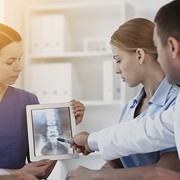 Outsource2india Helped a Medical Imaging Firm with Quick Teleradiology Services
Outsource2india Helped a Medical Imaging Firm with Quick Teleradiology Services


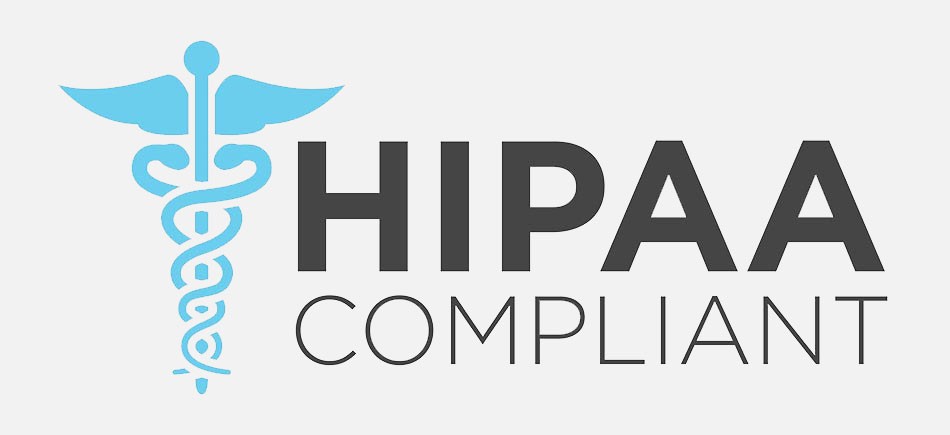
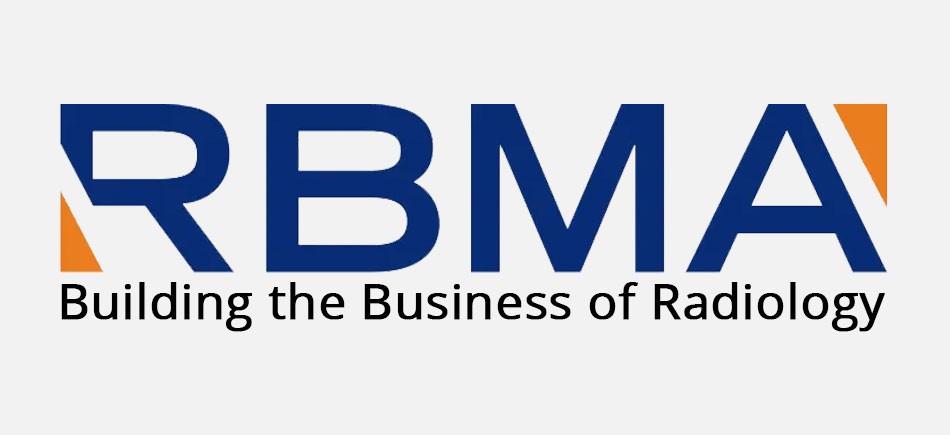












 \
\
